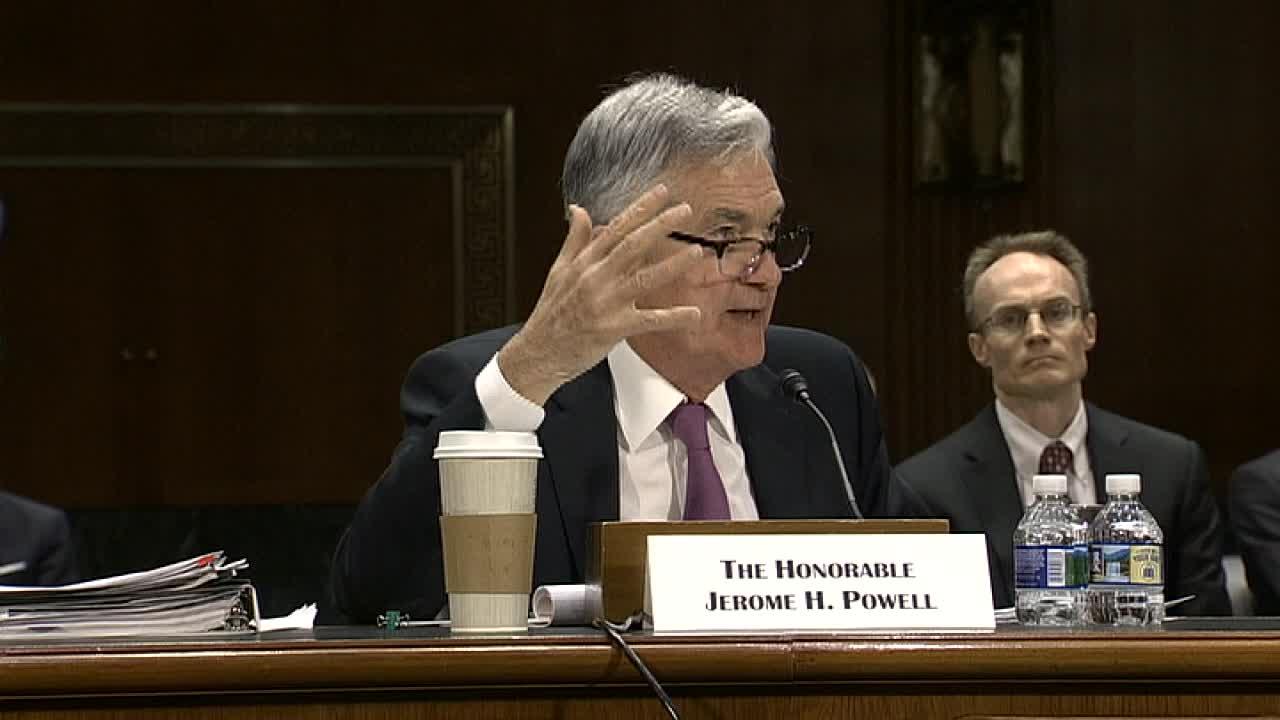AOC-backed economic theory should be 'dismissed at your peril,' expert cautions
An economic policy backed by New York Democratic Rep. Alexandria Ocasio-Cortez and Independent Vermont Sen. Bernie Sanders appears to be gaining traction on Wall Street.
Chris Brightman, partner and chief investment officer at Research Affiliates, wrote in a recent blog post that investors should not dismiss Modern Monetary Policy (MMT) as “unlikely to influence policy.”
The idea behind MMT is that if a government controls its own currency, there is no need to worry about balancing the budget. Therefore, the government – not the central bank – can control the economy through fiscal policies, like spending and taxing.
“Recognize that monetary policy-fueled bull markets only benefit the few who own stocks,” Brightman wrote. “Three U.S. billionaires are now collectively worth more than the 160 million Americans in the bottom half of the wealth distribution. A dramatic increase in social spending as proscribed by MMT advocates may well help alleviate some of this inequality.”
On the downside, he said, investors should be aware that adoption of the policy could result in “unexpected inflation shocks,” that could cause the prices of stocks and bonds to plunge.
Brightman noted that progressive politicians have embraced the theory because it allows them to push increases in social spending without imposing taxes.
Ocasio-Cortez recently said during an interview with Business Insider that she was “absolutely” open to supporting MMT as a means to fund social programs – like Medicare-for-all and free college tuition. Ocasio-Cortez has also proposed a sweeping climate change proposal called the Green New Deal, which one group estimated could end up costing $93 trillion. Sanders – a 2020 Democratic presidential hopeful – has also indicated support for MMT.
Meanwhile, the billionaire founder of the world’s largest hedge fund Bridgewater Associates, Ray Dalio, also gave credence to MMT in a blog post last month, saying its adoption was “inevitable.” That’s because the Federal Reserve will want to ease monetary policy when interest rates are zero percent. After the next downturn, the hedge fund icon said interest rates in the U.S. will likely be pinned near zero percent, resulting in the shift toward manipulating fiscal policy.
The idea, however, has some prominent detractors. Billionaire Microsoft co-founder Bill Gates called the economic theory “some crazy talk.”
CLICK HERE TO GET THE FOX BUSINESS APP
Federal Reserve Chair Jerome Powell in February said “the idea that deficits don't matter for countries that can borrow in their own currency I think is just wrong.”
Brightman said there may be a more appropriate alternative to MMT, however, called fiscal theory of the price level (FTPL). Similar to MMT, this theory said a government printing its own money has no nominal budget constraints. It is based on the premise that what determines the price level and inflation is not just monetary policy, but a combination of monetary and fiscal policy.




















